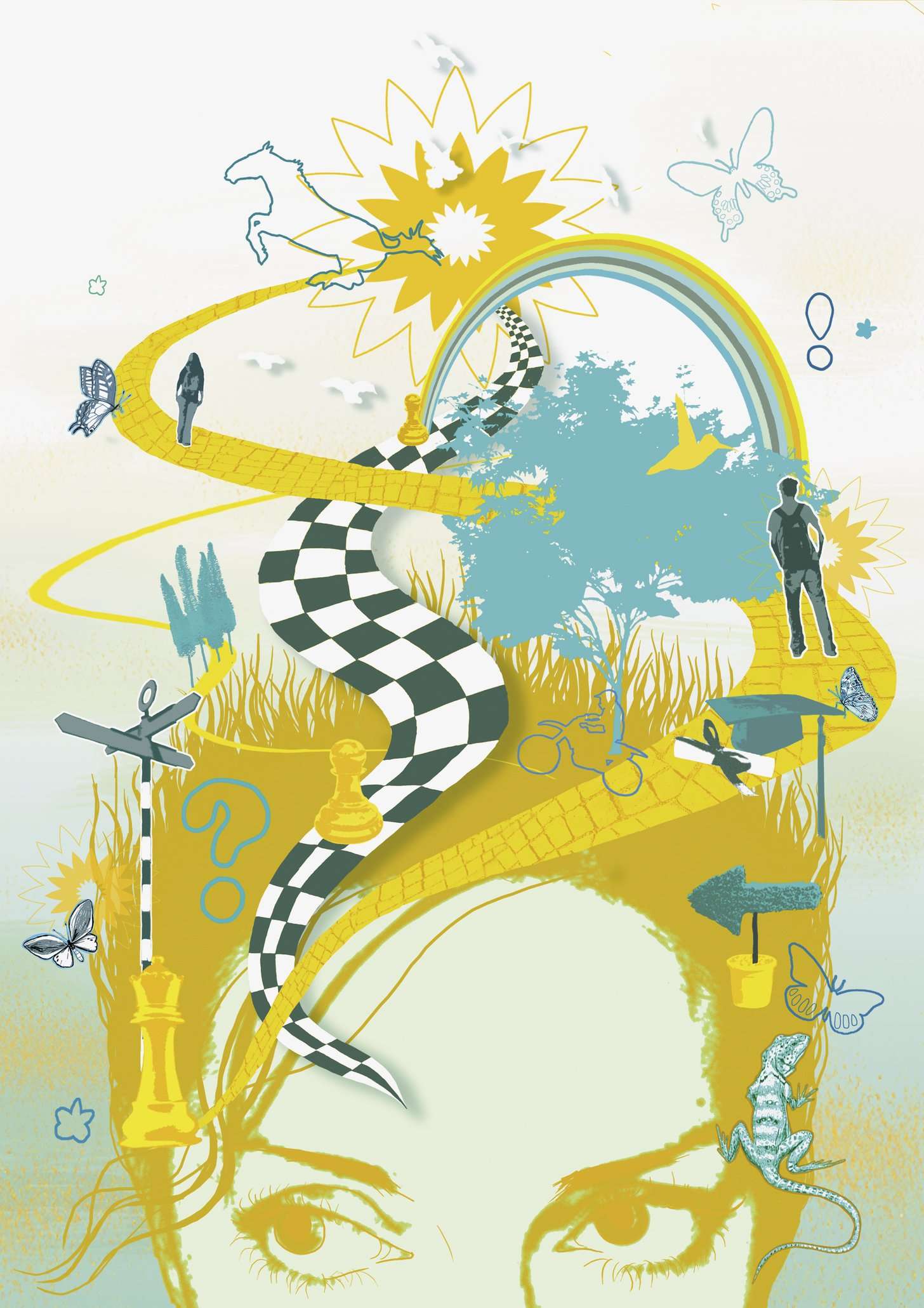Learning to ride a BMX obviously helps you handle a racing bike. How about a motorbike? A unicycle? A helicopter? The question of how far learning generalises beyond the original context has continued to vex psychologists. The answer has real-life implications for education and health. For instance, it bears on whether, by undertaking activities like brain training or learning chess, we can expect to boost our overall memory or intelligence – what’s known as “far transfer”. In a new review in Current Directions in Psychological Science, Giovanni Sala and Fernand Gobet of the University of Liverpool conclude that in fact the evidence for far-transfer is very weak.
Proponents of “far transfer” point to highly-cited studies suggesting it can happen, such as a paper from 2008 that claimed the kind of “working memory” exercise that’s found in many brain training programmes led to improvements in problem-solving abilities or what’s known as “fluid intelligence”. However, it can be risky to read too much into single studies, so Sala and Gobet conducted three meta-analyses (which combine the data from multiple previous studies), involving three activities that are strong candidates for far transfer: chess, music and working memory training. The research was all focused on children, because you would expect any far-reaching benefits to be greater in those whose cognitive ability is still very much in development.
The results suggested that instruction in chess or music, or working memory training, all led to small-to-moderate gains in broader abilities, like memory, general intelligence, and academic attainment. On the face of it, this is evidence for far transfer. But Sala and Gobet picked apart the studies within the analyses to find something dispiriting: “the size of the effects was inversely related to the quality of the experimental design.”
Limiting the analysis to the best-designed studies, they found little or no evidence of far-transfer. The only exception was a robust effect of working memory training on other memory tasks, which is arguably “near transfer” rather than far transfer. This tallies with an in-depth evaluation of brain training published last year that concluded such training improves performance at the specific skills being practiced, but that claims about its broader benefits have little support once you discount the less stringently designed studies.
So far transfer remains a weakly supported concept. Theoretically, the evidence lines up with the “common elements theory” of learning, proposed by Thorndike and Woodworth more than one hundred years ago: learning will have the most relevance for the domains precisely being practiced, some relevance for domains with lots in common, and little for those more removed. The practical implications for education are straightforward: if you want to acquire a skill, train that skill, or at least something closely related.
—Does Far Transfer Exist? Negative Evidence From Chess, Music, and Working Memory Training
Alex Fradera (@alexfradera) is Staff Writer at BPS Research Digest

ProfessorCrumbleton on November 25th, 2017 at 00:40 UTC »
The research focused entirely on children, and not at all on older people who are using these as part of recovery from trauma, stroke, or chemotherapy.
Jenniferjdn on November 24th, 2017 at 23:47 UTC »
I feel rather vindicated now. In college studying education, I had to take a music class and write a reflection on an article linking infant exposure to classical music and music training to academic achievement.
I wasn’t sold. I would expect families that listened to classical music and gave their children music lessons excelled at school because they tended to come from backgrounds that were better off than average and valued education as well as cultural exposure. I thought that they needed to compare children from similar cultural backgrounds where the only difference was musical exposure.
hOprah_Winfree-carr on November 24th, 2017 at 23:12 UTC »
An analogy: Professional distance runners typically reach peak performance in their late 20's to early 30's, well after they reach peak VO2 Max, lactate threshold, and other gross physiological measures of fitness . In fact, by the time peak performance is reached, VO2 Max has typically declined by ~3-8% because of age. So, what's leading these runners to peak performance? RE, or running economy; essentially acquisition of an advanced motor skill. Why is this important, and what the hell does it have to do with cognitive training? It's well established that running hills slightly improves RE in the near-term, as do intervals, as do fartleks, as does cross-country, as do slower long runs, as do plyometrics. Essentially anything running-related other than endlessly pounding ground at race-pace. Of course, each of these variations on training improve aspects specific to each specific variation most dramatically. Improvements to overall RE are much more subtle. But these subtle improvements are both cumulative and, I believe, compounding. Why? Abstraction.
With each new training variation there is an implicit and virtually unavoidable comparison. If a runner is used to running only flats, hills feel "weird". There are similarities and there are differences. The advantage of these comparisons are two-fold. First, they sensitize the runner to variations which relate to those specific circumstances; if running hills, a hill on a marathon course takes on new meaning, it becomes intimately familiar. Second, the differences across all these training variations amount to a distillation of that which is essential to all of them. Things like relaxed form, patterned breathing, minimal ground-contact time, minimizing vertical oscillation, even effort, economy of motion, are essentially constants across the board. When you have differences to compare, these similarities stand out.
Abstraction, perhaps the most important human intellectual tool, involves identifying constants and eliminating arbitrary details of elements which are both like and unalike. The greater the variety of challenging experiences, the more extensive the abstraction tool-case becomes. So, while we wouldn't expect any single training variation to carry significant "far transfer", taken together they should amount to an across-the-board increase in performance, inasmuch as similarities and common identifiable patterns exist within a broad array of cognitive challenges.